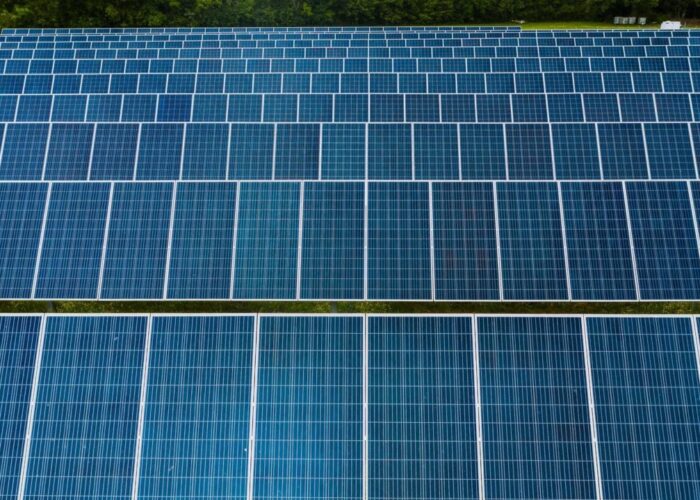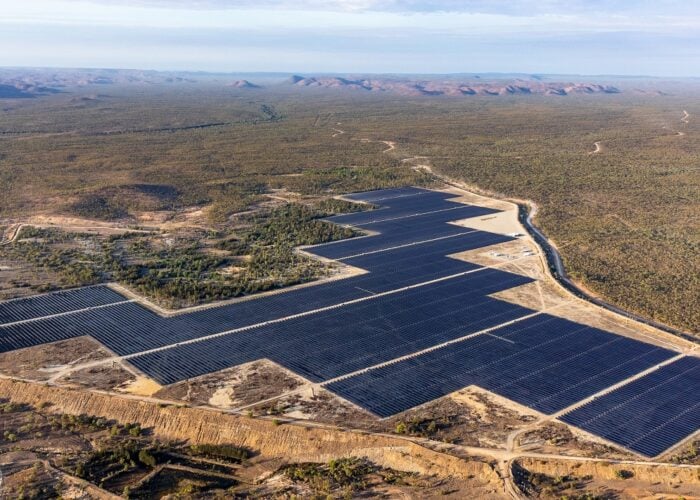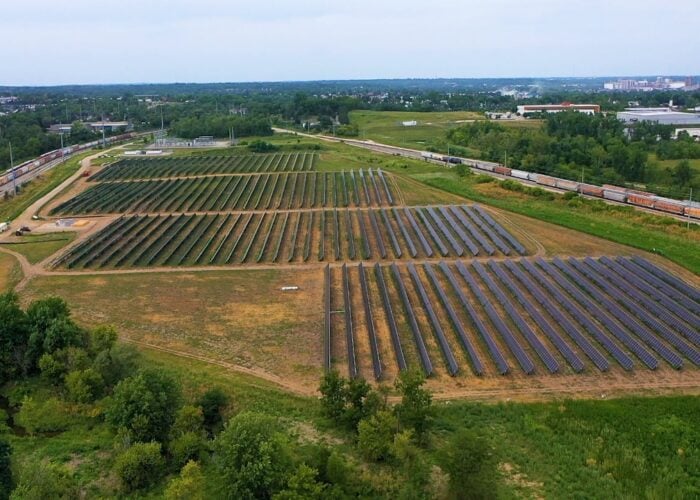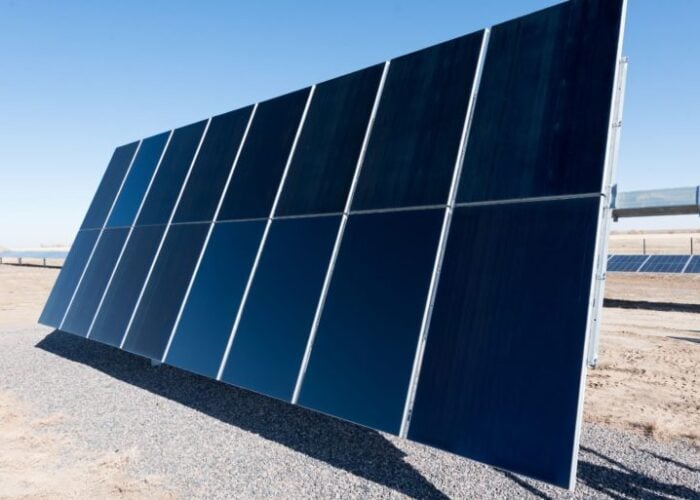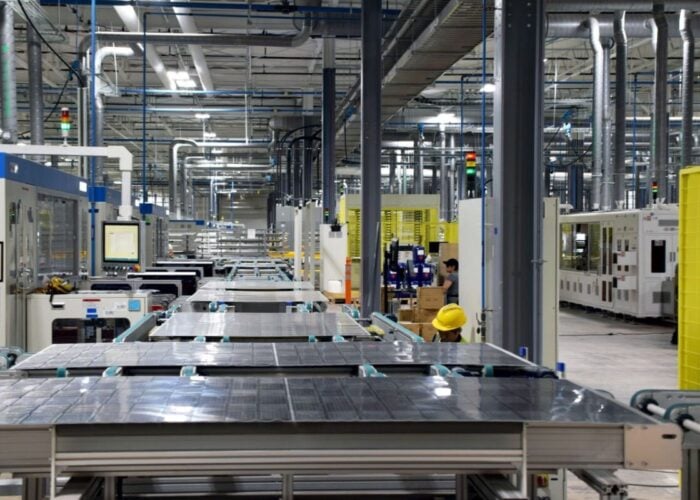EU ProSun has formally requested an extension of existing solar trade tariffs placed on Chinese manufacturers in the EU.
The move, which was widely expected, is likely to reopen divides among the industry that reached fever pitch in 2013 when the current measures were announced.
Unlock unlimited access for 12 whole months of distinctive global analysis
Photovoltaics International is now included.
- Regular insight and analysis of the industry’s biggest developments
- In-depth interviews with the industry’s leading figures
- Unlimited digital access to the PV Tech Power journal catalogue
- Unlimited digital access to the Photovoltaics International journal catalogue
- Access to more than 1,000 technical papers
- Discounts on Solar Media’s portfolio of events, in-person and virtual
Or continue reading this article for free
While protocol prevents comment on the matter from the European Trade Commission, a 'frequently asked questions' document circulated by ProSun tacitly confirms that it met the 7 September deadline to request an expiry review of the current measures. These are set to conclude on 7 December 2015.
If the EU agrees to the review, current duties and the minimum import price (MIP) structure agreed between Brussels and Beijing will remain in place until the investigation is complete. This will take a maximum of 15 months extending the trade defence restrictions until the end of 2016. A number of companies, including Canadian Solar and ReneSola, have been removed from the MIP.
In the FAQ document, ProSun claims to represent more than 25% of what it claims is Europe’s 6GW solar manufacturing industry. It also claims to have secured support from more than 100 installers in a period of two weeks. Typically in anti-dumping cases, installers oppose measures on the basis that they could drive up the cost of panels for them.
Anti-dumping measures typically last five years but the solar case was limited to just two years initially by former trade commissioner Karel de Gucht. This was in recognition of the fast pace of industry changes. ProSun has highlighted that he indicated that a review would be necessary after the two years were concluded.
James Watson, CEO of trade body SolarPower Europe said it was important for the sector for the MIP to be removed. SolarPower Europe, formerly EPIA, has changed its stance on the trade dispute from neutral to pro-free trade since the measures entered force in 2013.
“The removal of the MIP will help solar power in Europe to grow and support the European electricity market in achieving its challenging emission reduction goals,” Watson told PV Tech. “Consumers will be able to buy quality products manufactured at scale, at the best possible prices. State support for solar deployment can be limited to the absolutely necessary, with more kilowatt-hours being achieved for less cost following the continuously falling manufacturing costs of solar system components.”
“The uncertainty around the continuation of the MIP or a potential expiry review will be harmful for our sector, as the lack of clarity over when trade normality will be restored will deter investors. This is at a time when private investment is paramount for the development of our sector, as more and more government incentive schemes come to an end,” said Watson.

